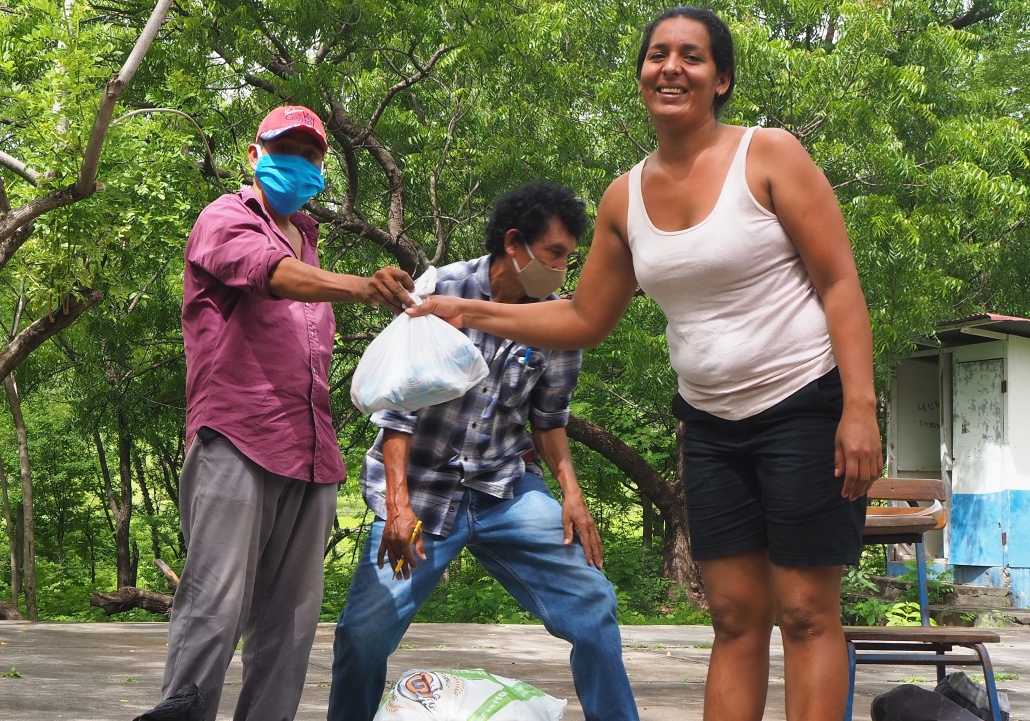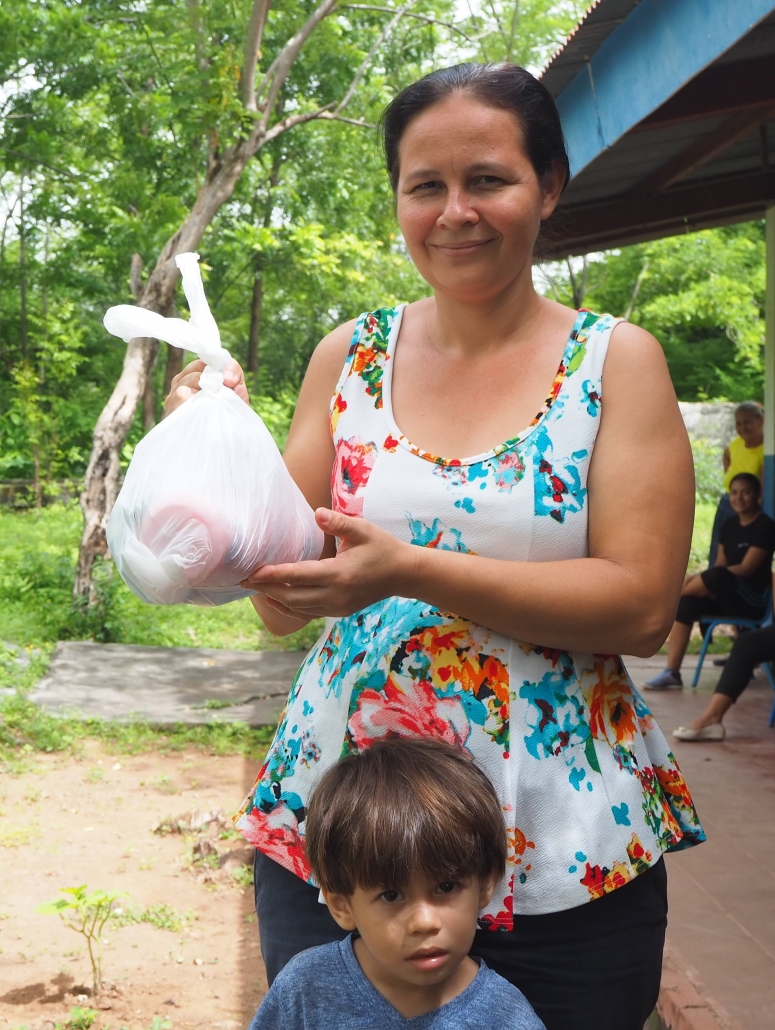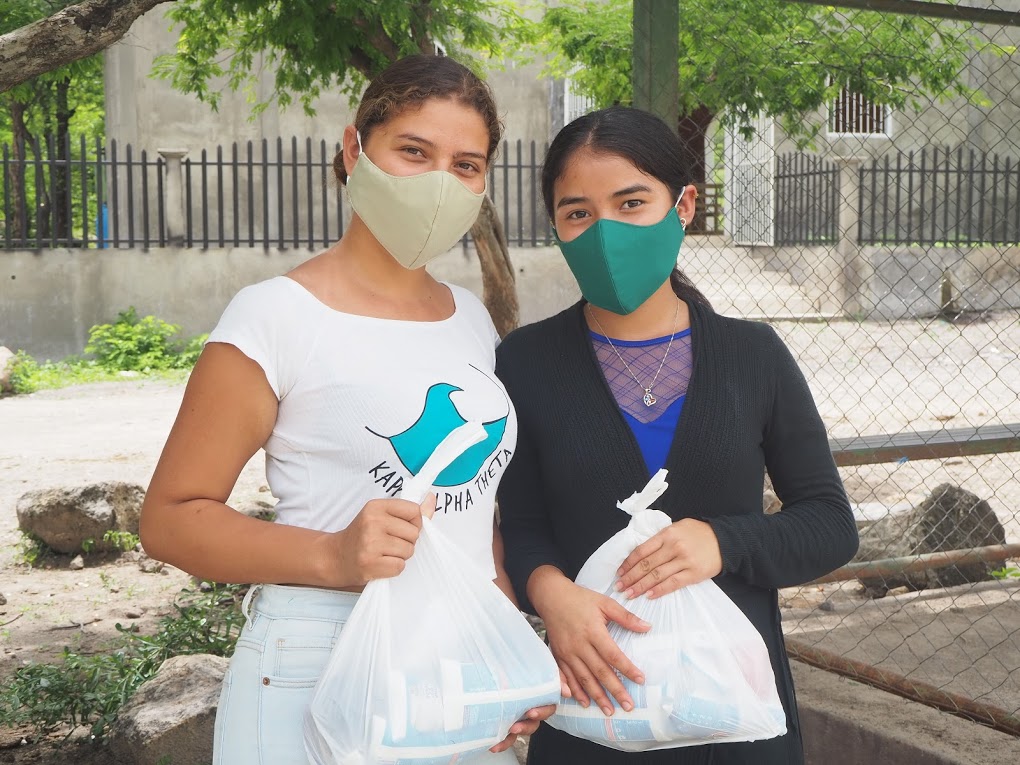Life in Nicaragua During Coronavirus
Lino shares the story of his village as they live through the Coronavirus. His story is very typical of many in Nicaragua, both the struggles and the gratitude for what you have provided that is allowing them to move forward, despite the challenges.
“We manifest our worry in the face of the current emergency health situation that is happening in our country and this is affecting us in a direct way as small farmers. There is a great fear that we are in the phase of community transmission. The inhabitants of our community have few resources and we don’t have the capacity to acquire what we need to prevent being infected. We have to use public transportation daily to go to the city to feed our families, either to sell products from our farms or to purchase other things we need or to sell our labor to support our families.
Staying at home, as many people are told to do, for us, small farmers and heads of family, is not possible. We need to attend to feeding our families.
In this case, we have taken measures that health authorities have advised us such as hand washing, which we have always done, however, the high costs of hand sanitizer, liquid soap, and masks are not easy for many people in our community to access.”
How have you used what you have learned through CEPAD during this difficult time?
“I remember that CEPAD has always fed us with the Word of God and today we continue manifesting our faith so we can have faith in God that things will get better and that our wellbeing and family unity will animate us to continue forward. The knowledge that we have learned is a great help to share information about the adequate use of our resources in our plots. The good use of fruit and vegetables helps us a bit in the face of the current situation.”
Are you in a better situation as a result of the support of CEPAD? How?
“For those of us who have put into practice what the institution [CEPAD] has done to train us in the adequate use of our soil with the objective to guarantee the food security of our families can assure you that yes, things are different. Our plots have better productive conditions. For example, the fruit trees that were given to us more than 3 years ago provide us with fruits that we didn’t have before. This allows us to consume natural and healthy foods such as oranges, limes, mangoes, peaches, and papayas.
We have also saved some seeds from some of our vegetables that allow us to produce food during this time of year. During the rainy season we can produce squash and malanga.”
What would you like to say to our donors?
“From our communities in Matagalpa, Nicaragua, we want to express our thanks for the support provided and for being attentive to us, small family farmers. In these difficult times of emergency any help that you, our brothers and sisters can provide, will be much help. We are united in bonds of friendship and prayer, asking God’s support for you and for us.”





